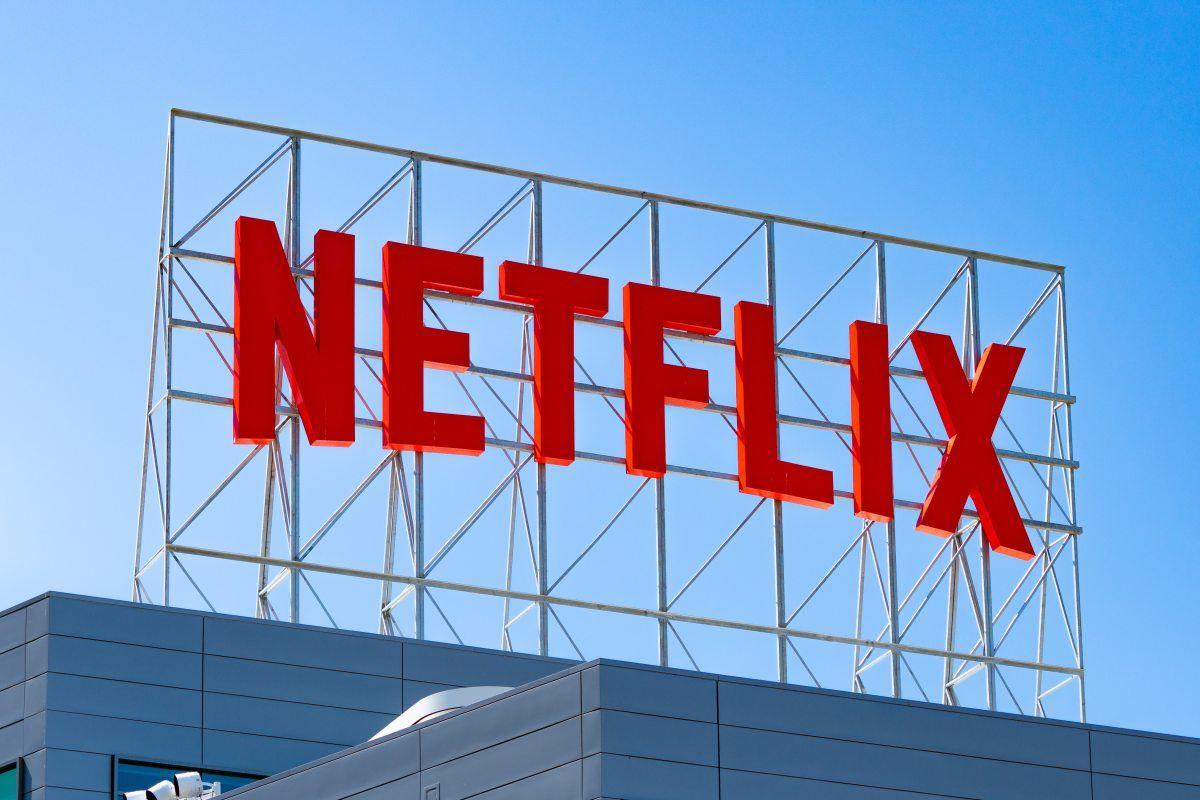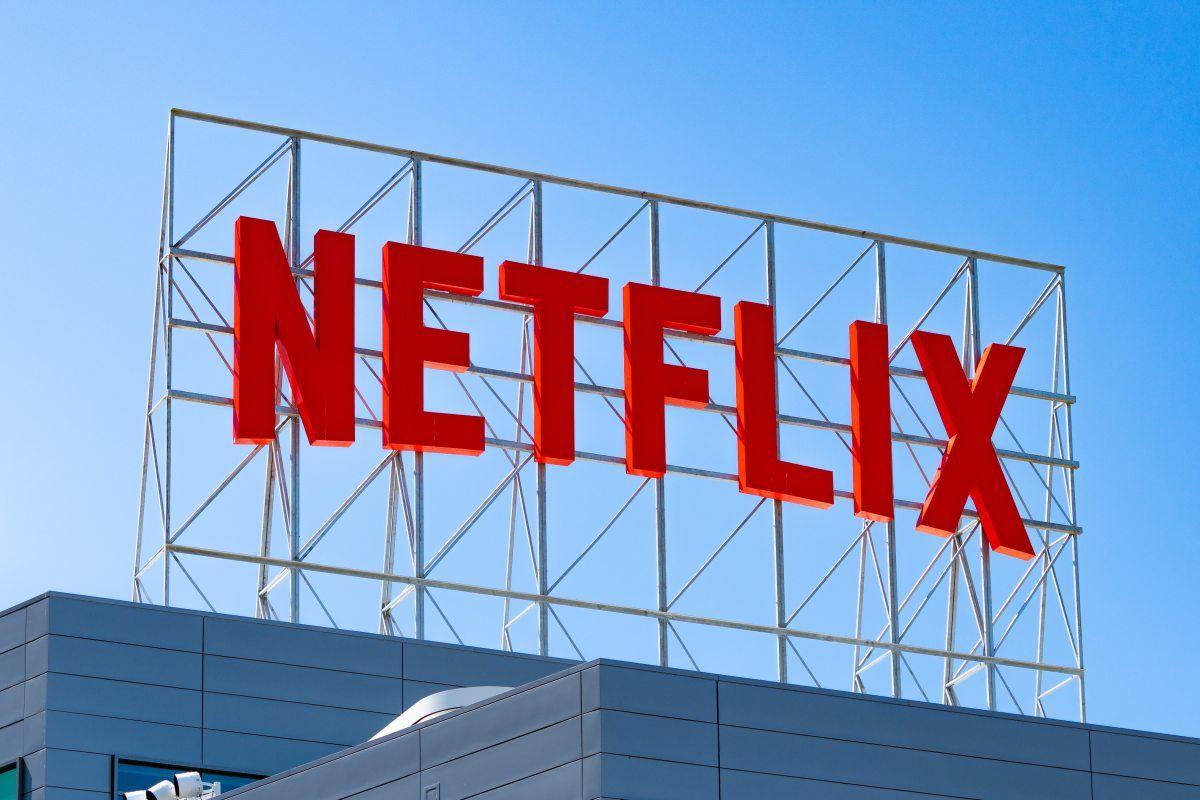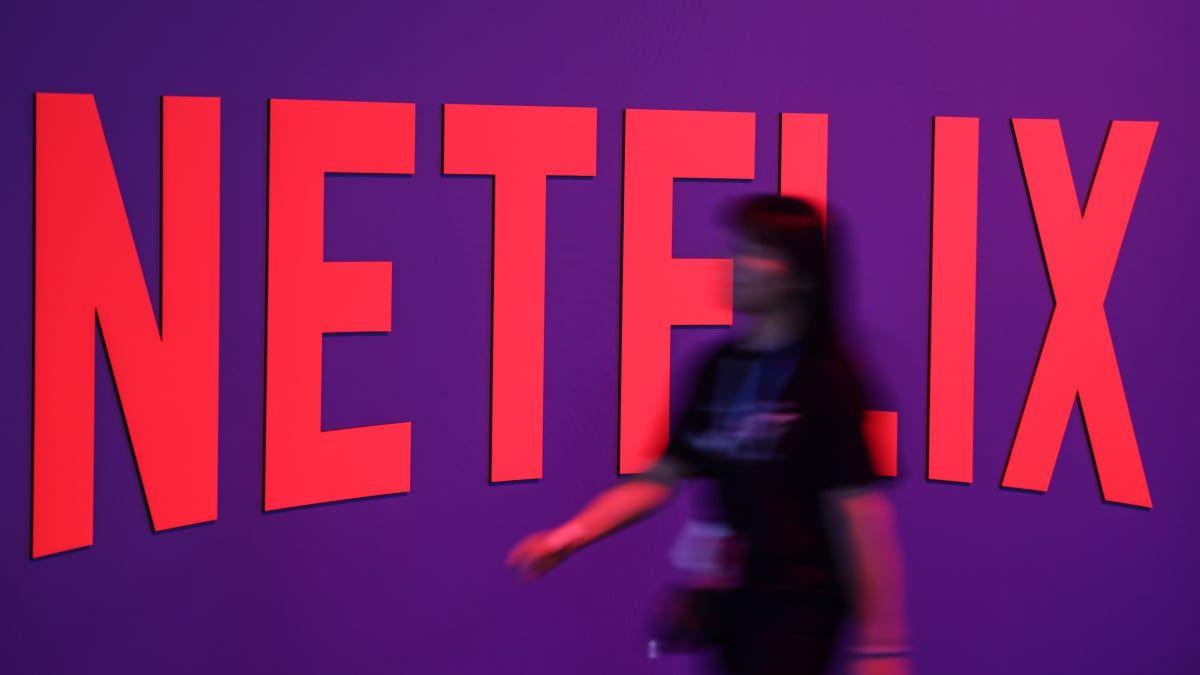Netflix Executives Downplay AI's Impact on Audience Perception
2 Sources
2 Sources
[1]
Netflix Bosses on AI: Audiences 'Don't Care Much' About Technology Used to Deliver TV and Film
"Animation didn't get cheaper, it got better in the move from hand-drawn to CG animation." With more and more companies experimenting with generative AI, Netflix seems more than willing to hop on board out of a stated belief that it will help creators "tell better stories." But audiences, the company says, won't know the difference. Today, during an earnings call, its co-CEOs gave lengthy responses to a question about the potential for generative AI to impact content creation, with Ted Sarandos in particular remarking that audiences "don't much care" about either budgets for film and TV, or even the technology used to make them. Sarandos also said that generative AI was "a great way for creators to tell better stories," and compared its introduction into production to the transition of animation from hand-drawn to CG. "Animation didn't get cheaper, it got better in the move from hand-drawn to CG animation, and more people work in animation today than ever in history," he said. "So I'm pretty sure there's a better business and a bigger business in making content 10% better than there is in making it 50% cheaper." We've included the full question and responses below for context: Sarandos' and Peters' comments come at a critical time for discussion around the use of generative AI in production. Just last year, companies including Netflix Japan came under fire for use of generative AI to replace animators. In our reporting, many animators shared with IGN their fears of generative AI making their jobs obsolete, or of their work being used without permission to train AI models that would then generate lookalikes for major studios. While those we spoke to acknowledged there were likely ways to use AI and AI tools to support human labor without replacing it, the risks for most outweighed the benefits. Netflix posted Q2 earnings today with a year-over-year gain of 8 million subscribers and net revenue up 17%. In its report, the company additionally offered an explanation for why it refuses to bundle its service with other streaming services - it simply doesn't need to. Rebekah Valentine is a senior reporter for IGN. Got a story tip? Send it to [email protected].
[2]
Netflix Bosses on AI: Audiences 'Don't Care Much' About Technology Used to Deliver TV and Film - IGN
"Animation didn't get cheaper, it got better in the move from hand-drawn to CG animation." With more and more companies experimenting with generative AI, Netflix seems more than willing to hop on board out of a stated belief that it will help creators "tell better stories." But audiences, the company says, won't know the difference. Today, during an earnings call, its co-CEOs gave lengthy responses to a question about the potential for generative AI to impact content creation, with Ted Sarandos in particular remarking that audiences "don't much care" about either budgets for film and TV, or even the technology used to make them. Sarandos also said that generative AI was "a great way for creators to tell better stories," and compared its introduction into production to the transition of animation from hand-drawn to CG. "Animation didn't get cheaper, it got better in the move from hand-drawn to CG animation, and more people work in animation today than ever in history," he said. "So I'm pretty sure there's a better business and a bigger business in making content 10% better than there is in making it 50% cheaper." We've included the full question and responses below for context: Sarandos' and Peters' comments come at a critical time for discussion around the use of generative AI in production. Just last year, companies including Netflix Japan came under fire for use of generative AI to replace animators. In our reporting, many animators shared with IGN their fears of generative AI making their jobs obsolete, or of their work being used without permission to train AI models that would then generate lookalikes for major studios. While those we spoke to acknowledged there were likely ways to use AI and AI tools to support human labor without replacing it, the risks for most outweighed the benefits. Netflix posted Q2 earnings today with a year-over-year gain of 8 million subscribers and net revenue up 17%. In its report, the company additionally offered an explanation for why it refuses to bundle its service with other streaming services - it simply doesn't need to.
Share
Share
Copy Link
Netflix co-CEOs Ted Sarandos and Greg Peters discuss the role of AI in content creation, emphasizing that audiences care more about the final product than the technology used to create it.

Netflix Leadership Addresses AI in Content Creation
In a recent earnings call, Netflix co-CEOs Ted Sarandos and Greg Peters shared their thoughts on the role of artificial intelligence (AI) in the entertainment industry. The executives emphasized that while AI is a significant topic of discussion, they believe audiences are primarily concerned with the quality of the content rather than the technology used to create it
1
.Audience Focus on Content Quality
Sarandos stated, "I don't think the audience cares at all about how we make the shows. They care if they love the show"
2
. This perspective underscores Netflix's commitment to delivering engaging content, regardless of the tools used in its production.AI as a Tool, Not a Replacement
Both Sarandos and Peters view AI as a potentially valuable tool in the creative process, rather than a replacement for human creativity. Peters elaborated on this point, saying, "We see it as an extension of the creative process, not as a replacement for it"
1
. This approach suggests that Netflix intends to integrate AI technologies in ways that enhance, rather than supplant, human creative efforts.Ongoing Exploration of AI Applications
While downplaying the immediate impact of AI on audience perception, Netflix is actively exploring various applications of the technology. Peters mentioned that the company is investigating how AI can improve production efficiency and enhance the viewing experience
2
. These efforts indicate that Netflix is taking a measured approach to AI integration, focusing on practical improvements rather than revolutionary changes.Related Stories
Industry-wide Impact and Considerations
The discussion of AI in content creation extends beyond Netflix, with the entertainment industry as a whole grappling with the potential implications. The recent writers' strike highlighted concerns about AI's role in scriptwriting and its potential impact on creative jobs
1
. Netflix's stance suggests a balance between embracing technological advancements and preserving the human element in storytelling.Future Outlook
As AI continues to evolve, its role in content creation and distribution is likely to grow. However, Netflix's leadership appears committed to maintaining a focus on storytelling and audience engagement, regardless of the technologies employed behind the scenes. This approach may set a precedent for how other streaming platforms and content creators navigate the integration of AI in the coming years.
References
Summarized by
Navi
[1]
Related Stories
Recent Highlights
1
Google Gemini 3.1 Pro doubles reasoning score, beats rivals in key AI benchmarks
Technology

2
Pentagon Summons Anthropic CEO as $200M Contract Faces Supply Chain Risk Over AI Restrictions
Policy and Regulation

3
Canada Summons OpenAI Executives After ChatGPT User Became Mass Shooting Suspect
Policy and Regulation








